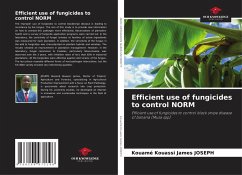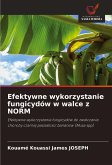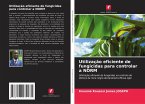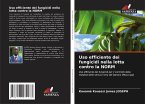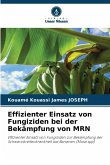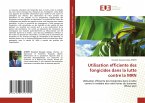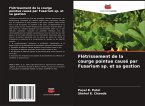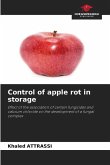The improper use of fungicides to control blackstripe disease is leading to resistance by the fungus. The aim of this study is to provide new information on how to combat this pathogen more effectively. Observations of plantation health and a survey of fungicide application programs were carried out. In the laboratory, the sensitivity of fungal isolates to families of active ingredients was measured for each plantation. In addition, the sensitivity of the fungus in the wild to fungicides was characterized on plantain hybrids and varieties. The results showed an improvement in plantation management. However, in the laboratory, fungal resistance to triazoles, particularly tebuconazole, was observed over the 3 years, with inhibition rates of less than 65% in industrial plantations. All the fungicides were effective against wild strains of the fungus. The last phase revealed different forms of host-pathogen interactions, but the SH 3640 variety showed very interesting qualities.
Bitte wählen Sie Ihr Anliegen aus.
Rechnungen
Retourenschein anfordern
Bestellstatus
Storno

